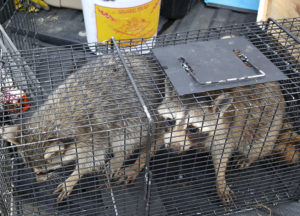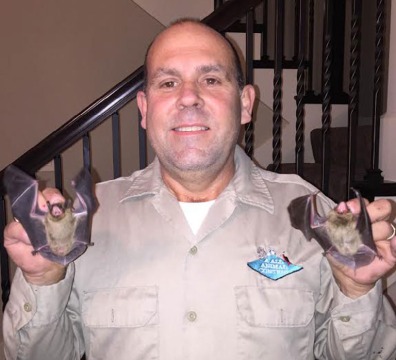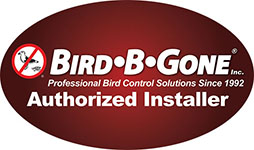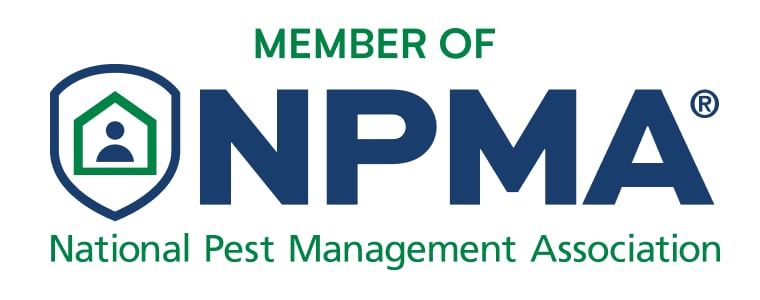The proper way to Trap Raccoons
- Before deploying a raccoon trap, research your state’s laws concerning raccoons. You may need to get a permit, or there could be a particular way you’re permitted to trap and deal with a raccoon.
- Read the instructions that came with the trap you’ve bought. Most raccoon traps work with one way doors, yet others can have mechanical spring components that might be risky to set up if you’ve never done it before.
- Place the trap in a place where you’ve seen the most raccoon activity. This may be difficult if you haven’t been observing them for a long time. Consider calling a professional for the best trap placement.
- Bait the trap with anything you have close by since raccoons love to eat pretty much anything. You can try pet food, organic fruits and veggies, or nut spread.
- Set the trap as per its guidelines and leave it there around the evening.
- Make sure you’re checking the trap each day to determine whether you’ve gotten a raccoon. If you leave one for a long time, it can be inhumane. The raccoon may hurt itself trying to escape, or die from starvation or dehydration.
- Deal with the raccoon in accordance with your state or neighborhood guidelines you have explored.
Follow some pro tips
- Place a ball or pet toy inside the live snare so the raccoon can bite it. Otherwise, it could harm itself attempting to escape from the trap.
- If the raccoon appears to be seriously angry, call AAAC Wildlife Removal right away to help remove the critter from your property. These are signs of rabies, which will be extremely risky for anybody dealing directly with the animal.
Would it be a good idea for you to get professional assistance?
Since raccoons are more intelligent and more prominent than other regular vermin like mice or bugs, it might be a smart idea to contact professionals to deal with the raccoon. Call AAAC Wildlife Removal to have your trapping project handled properly the first time.









